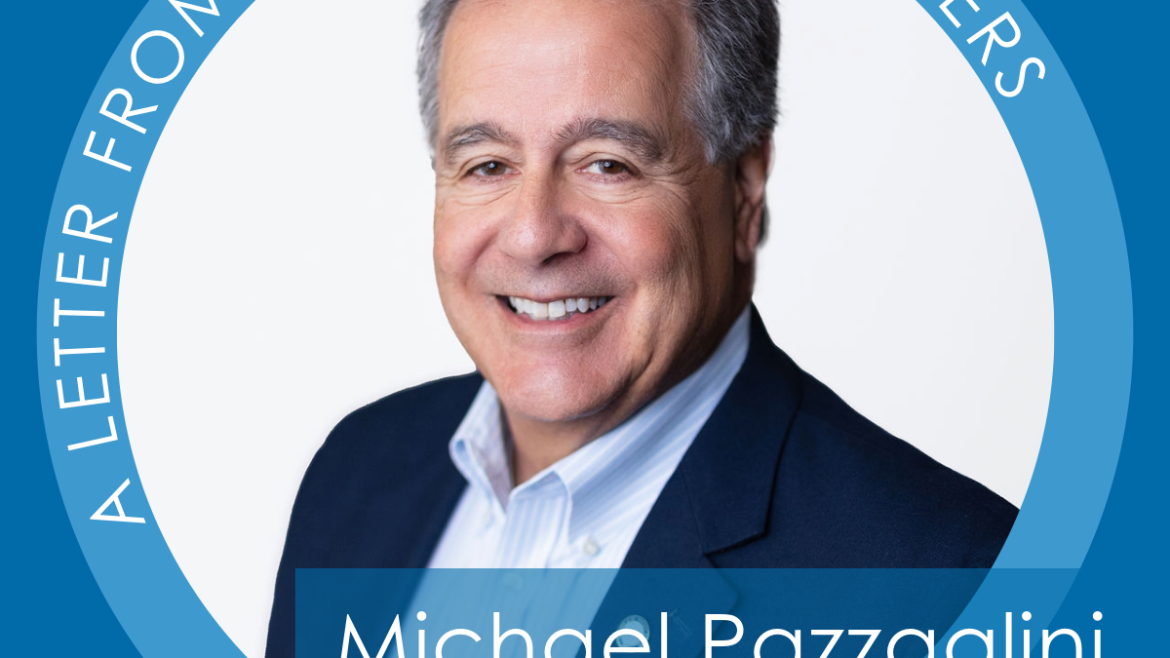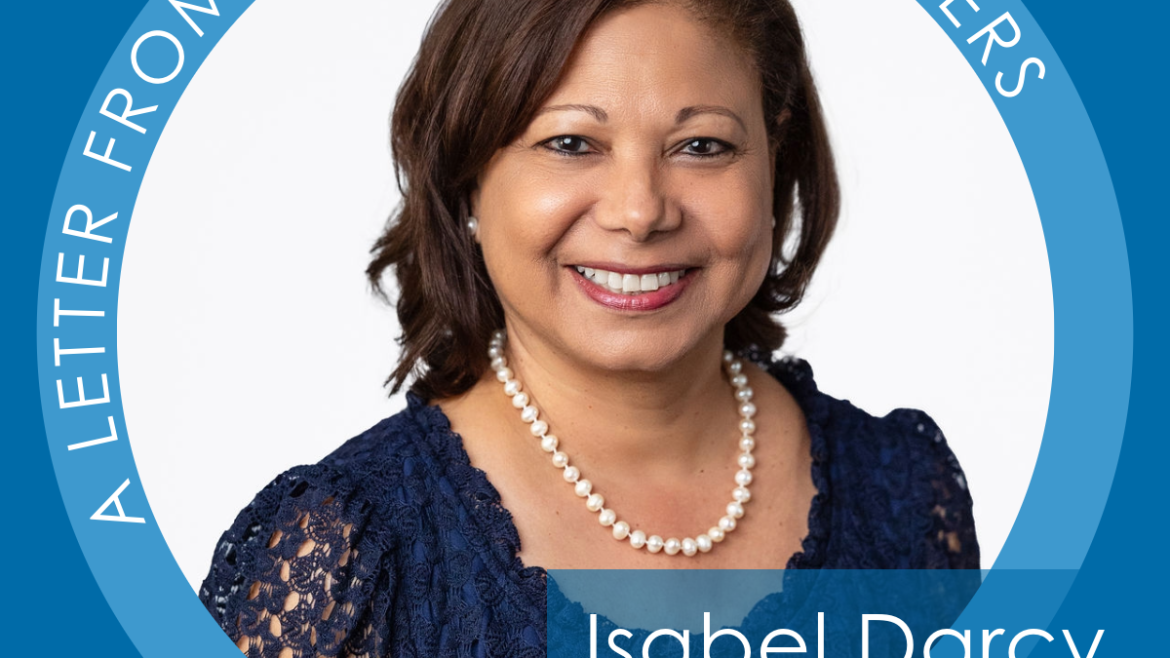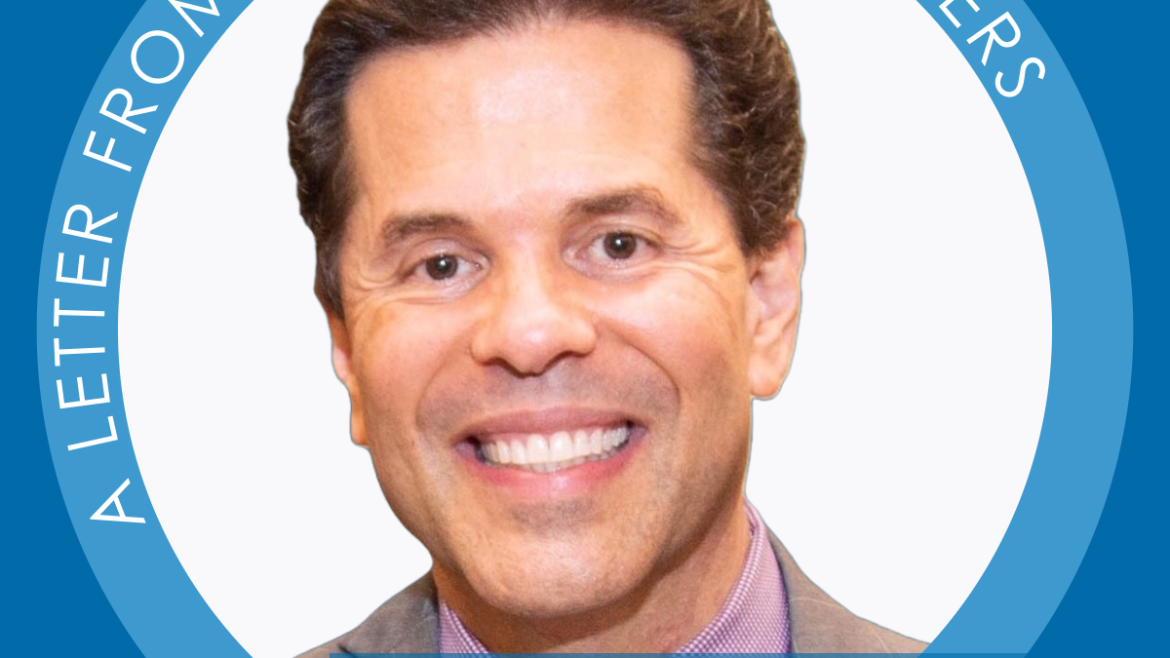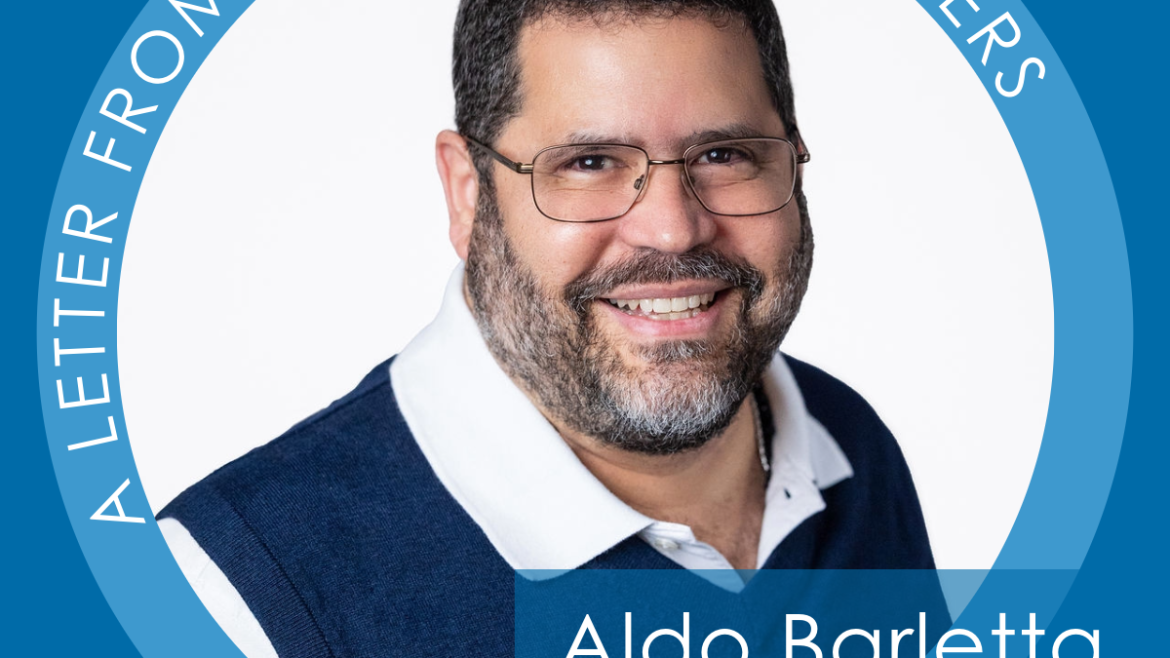BOO! I am your scariest trick-or-treater! Yes, I’ve been told that I have a face for radio.
It’s that time of year, and today’s the day that we’re going to see the little gremlins coming to our door, yelling “trick or treat.” I can’t wait for it to get started. Much like our upcoming elections, it’s exciting and scary at the same time.
We are in the midst of a chaotic, tumultuous time in our nation. We need the Society of St. Vincent de Paul more than ever. No matter what the outcome of the upcoming elections, we will be called upon to be the face of Christ amidst the exuberance of winning, the depression of defeat, celebrations, anxieties, and anger. As Vincentians, we need to be the hopeful voice and the peaceful face.
Like you, I am weary of all the focus and hype surrounding the election. The never-ending television commercials, the mudslinging in social media, and the talking heads who continue to hype the contests. In the spirit of full disclosure, I am a political junkie, but even I have reached my limit. I am ready to cast my vote and wish that Election Day would be over.
Depressed yet? Fear not! On November 6, the Vincentian mission will be needed more than ever. Regardless of the election outcome, our calling is to See the Face of Christ and Be the Face of Christ: to help our friends, neighbors and family realize a better, brighter future with God’s help. We can be that model of Faith, Hope, and Charity to feed their souls. The good news is that we are well trained, Home Visit veterans, and we are ready for this challenge. If anybody can do it, we can!
I recently attended the National Board of Directors’ retreat. The experience was inspirational, filled my heart with joy, and prepared me to go out to spread the Word as part of the St. Vincent de Paul mission. Like my fellow Vincentians, I’ve had the opportunity to visit those with corporal needs and have had the blessing to be able to provide for them. The time will soon be here when we will all have many relationship opportunities to act: calming the emotional highs and lows, toning down the rhetoric while lifting up those around us.
Remember to put on your spiritual armor. Don’t forget that we need to be centered on our own inner peace first before we can help others. Consider this Bible verse as a prayerful way to prepare:
“Have no anxiety at all, but in everything, by prayer and petition, with thanksgiving, make your requests known to God. Then the peace of God that surpasses all understanding will guard your hearts and minds in Christ Jesus.” (Philippians 4:6-7)
Lastly, I strongly encourage you to vote, but just as important, to stock up on candy treats for all those happy little monsters, princesses, and superheroes coming to our doors. Happy Halloween!
Thank you for all you do in His Name — may God bless you,
Michael
Michael Pazzaglini
National Vice President, South Central Region





